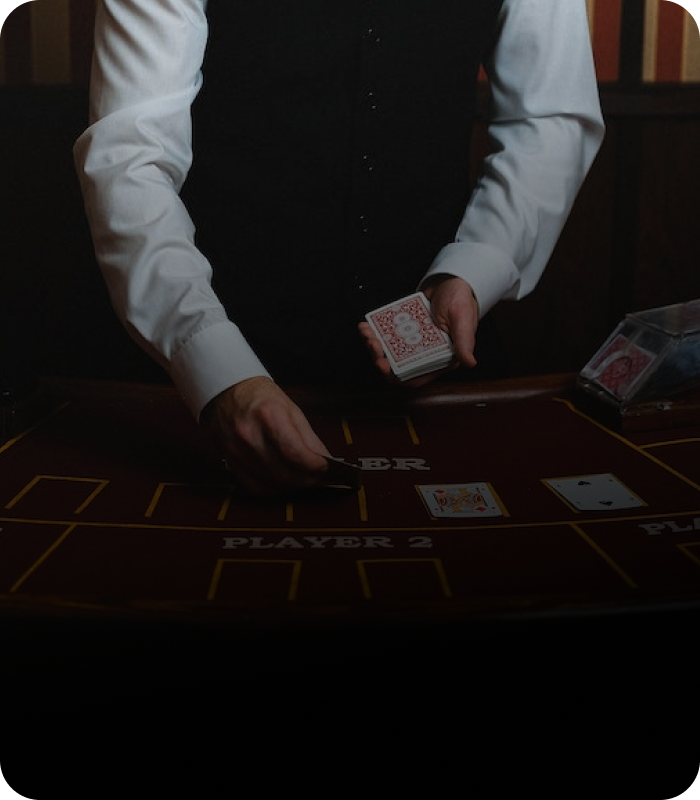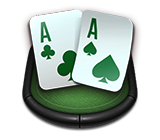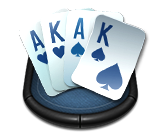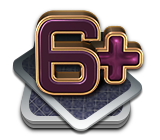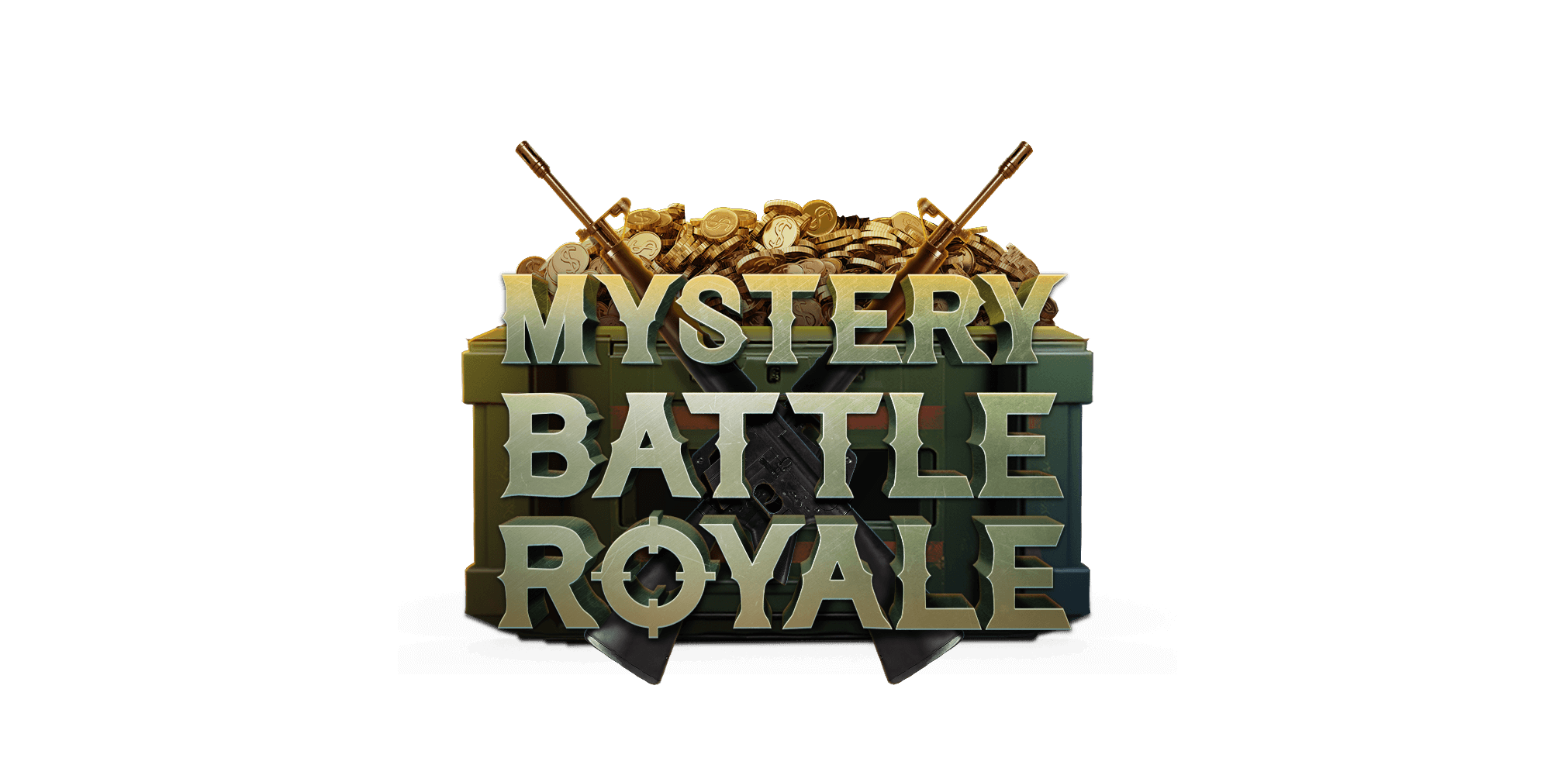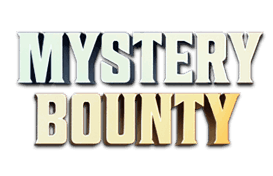
Unlike most games in the casino, blackjack has a strategy players can use to increase their odds of winning. What’s more, is that casinos allow you to use or will even give you little charts that explain what you should do in each situation!
It’s those little charts that we’re going to be focusing on today as we explain how to use them, why they’re useful, and tips for using them at the table.
What are Blackjack Strategy Charts?
Blackjack strategy charts are charts that lay out the basic strategy behind blackjack. For each scenario, there will be a letter that denotes the best action you can take. While this sounds too good to be true, it’s completely legit! Casinos allow you to use these charts at the table while you make your decision. The main reason is that despite the basic strategy cutting the house edge to less than 0.5% if played perfectly, the casino will still win in the long run.
What’s more, not all blackjack games are the same. Some use a different number of decks, some offer higher or lower payouts for making a blackjack, and some have rules where the dealer stands on soft 17 instead of the dealer hitting on soft 17. Different blackjack games require a different blackjack basic strategy chart, as the rule changes influence the action you should take at the table.
However, that doesn’t mean these charts are useless. If you use them at the tables to play perfect basic strategy, you have a greater chance of making your money last longer, and who wouldn’t want that?
How To Read The Charts
Most blackjack charts are split into four sections, like the one you see below. Those sections are hard hands, soft hands, pairs, and surrendering. The first two sections (hard and soft) tell you how you should play that hand against the dealer’s upcard, the pairs section tells you whether or not to split your hand against the dealer’s upcard, and the surrender section tells you whether or not to surrender your hand against the dealer’s upcard.
 In the first two sections, these are the three symbols you’ll likely see:
In the first two sections, these are the three symbols you’ll likely see:
H - Hit. The player takes another card.
S - Stand. The player does not take any more cards, and their turn is over.
D - Double Down. The player doubles the size of their bet and is dealt one card. If you double down, you cannot take another card.
If you’re dealt a hard hand like 98 or a soft hand like A5, simply look for your hand along the X-axis, look for the column that matches the dealer’s upcard, and do whatever action is in that box. You should repeat this process until you’re told to stand or your hand busts. You’ll also notice that the strategy chart doesn’t go above 17 for high hands. This is because a hand of 18 or higher is automatically a stand.
In the third section, these are the three symbols you’ll likely see:
Y - Yes. The player should split their hand against the dealer’s upcard.
N - No. The player should not split their hand against the dealer’s upcard.
Y/N - Yes/No. The player should only split their hand if the casino allows the player to double down after splitting; otherwise, they should not split.
This section only applies to pairs of cards, such as 55, 88, or AA, but if your hand is not a pair, you can disregard this section. If your hand is supposed to be split, it will become two separate blackjack hands. Once they’re split, you should refer to the first two sections to know how to play your hand.
In the fourth section, these are the two symbols you’ll likely see:
SUR - Surrender. The player should surrender their hand.
N - No. The player should not surrender their hand.
This section only applies if the casino offers late surrender, which allows players to surrender their hand at the expense of half their bet. If the casino does not allow late surrender, disregard this section.
Blackjack’s Order of Operations
Just like math equations, blackjack has an order of operations that dictates the order in which you should consider each action. The best way to think about it is to flip the blackjack strategy chart upside down - start with the surrender option, and move down until you reach the stand/hit/double down section. Let’s take a closer look at why they’re ordered in this way.
Surrender
 If your casino offers the option to surrender, it can only be done after your first two cards are dealt. Once you take another action, you lose the option to surrender, which is why it should be the first action you consider after being dealt your hand. If you shouldn’t surrender your hand, you can move on to the next action.
If your casino offers the option to surrender, it can only be done after your first two cards are dealt. Once you take another action, you lose the option to surrender, which is why it should be the first action you consider after being dealt your hand. If you shouldn’t surrender your hand, you can move on to the next action.
Split
Another action that can only be taken after your first two cards are dealt is “split.” This option is only available if your cards are of the same value, such as 33, 66, or KT. If you split, you must make an extra bet, and your hand will be divided into two separate blackjack hands, each receiving a new card. Some casinos will allow you to split again if you make another pair.
For example, you have 88 and decide to split. Your new hands are 98 and 88. Depending on the casino, you may have the option to split again.
Double
After deciding whether or not to split your hand, the next action you need to consider is whether or not to double down. Doubling down is a good thing in blackjack, as it means you’re likely to win the hand. That’s why the player doubles the size of their bet, even if it means taking only one additional card.
This is often done when the player has a total of ten or eleven against a weak dealer upcard, such as a four, five, or six.
Hit/Stand
Once all other options have been exhausted, you can finally decide whether or not to hit or stand with your hand. Always check the charts to ensure you’re making the best play.
Tips For Using Blackjack Strategy Charts
 We’ve covered quite a lot of information about how to use a blackjack strategy chart, so we’ll leave you with a few helpful tips to make sure you’re
We’ve covered quite a lot of information about how to use a blackjack strategy chart, so we’ll leave you with a few helpful tips to make sure you’re
Check the chart against your game - Blackjack strategy charts are created for a certain type of game that uses a specific ruleset. Not every chart will apply to every blackjack game you’ll find, so make sure you’re using a chart that matches the ruleset of the game you’re playing.
Remember the order of operations - Always remember that you must consider whether or not to surrender or split before you consider other options, as these actions cannot be done once you’ve taken a card.
Take your time - There’s no time limit on a blackjack game, so take your time while looking for the action you can take. It’s easy to accidentally read the wrong action if you’re trying to act quickly, so slow things down and double-check before committing to your action.
If in doubt, check the charts - A lot of players are embarrassed about using a blackjack chart at the tables, as it makes it seem like they’re novices. However, remembering every single action you should take is harder than it looks, and it’s worth checking if you’re not sure. Who cares what anyone else at the table thinks; what matters is making the best decision.
Sign up for a free account with Natural8 and start practicing today! And don’t forget to subscribe to our newsletter to get the latest casino tips as well as info on upcoming online events.

.webp)










